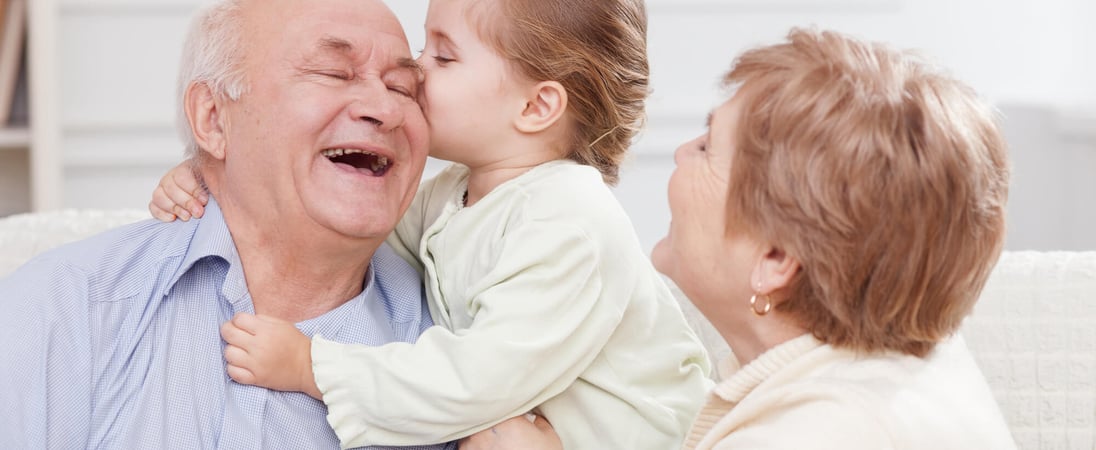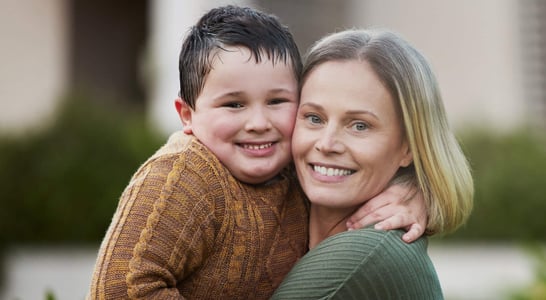
Care For Your Grandparents Month
With people living longer and longer lives, the role of grandparents grows more confusing. Take some time to consider your family and care for your grandparents.
EIJING—Confucius described old age as a ‘good and pleasant thing’ which caused you to be ‘gently shouldered off the stage, but given a comfortable front stall as spectator’. This honorable sentiment paints a melancholic image of how senior citizens should be treated, given peace in their twilight years while able freely to dispense their wisdom to younger generations.
Retirement homes are highly uncommon in rural areas of China where traditional entrenchment about the nuclear family is mainstream. ‘Placing your parents in retirement homes will see you labeled as uncaring or a bad son. To abandon one’s family is considered deeply dishonorable’, said Zhou Rui, a Guangxi native living in Beijing. Even in extreme circumstances, there seems to be little deviation from this belief. When tackling such degenerative illnesses as Alzheimer’s disease, most families would prefer hiring a permanent caregiver than to place their relative in a nursing home. ‘But since I live in Beijing for my work, and I am an only child, my mother has accepted to go into a home. Better to go against tradition than leave my mother all on her own’, says Zhou Rui.
Western societies have become increasingly uncomfortable with the view that retirement is the end of one’s useful contribution to society. In such settings, Confucius’ words may find a little hold. In China, however, taking care of one’s parents is a lot of all children – failure to do so would mean a major loss of face for any family. From all sections of society, children receive consistent reminders that they owe everything to their parents and that they must repay this debt in full. This responsibility and the ties it creates is never better illustrated than in the massive human migration seen during the Spring Festival and National Day holidays when people across this vast country visit their parents.
While this unity between the generations may seem eternal, two looming factors might disrupt it. The first is a direct result of the Communist Party of China’s (CPC’s) ‘one-child’ policy. Traditionally, parents were taken care of through having many offspring: sons and daughters who would all contribute to looking after their parents when they got old. Now, with only one child per family in towns and cities, or two in rural areas, the social attitudes of China are rapidly changing. Already, national media deplore the self-centered attitudes of the ‘xiao Huang di’ (little emperors) generation who have been raised as only children and apparently have little respect or time for tradition, preferring instead to focus on improving their own standing.
The second potentially disrupting factor is simply that people are living longer than before. At the end of 2005, China counted 144million people over the age of 60 – that’s 11 percent of its total population. While longer and healthier life is, of course, something to celebrate, and a testament to advances made in Chinese society in recent years, such a rise in the number of elderly people will also put a strain on the economy and society, both of which will have to readjust to compensate. While the ‘ageing question’ is rising the world over, China must also address problems all of its own. Recent efforts by the CPC to bolster rural healthcare and establish a better social security system have in part been motivated by a single realization: many Chinese families are no longer able adequately to provide for their older members.
Also in ...
View all holidaysWorld Milk Day
Start your day with a glass of calcium-rich milk, visit a local dairy farm, or see what milk alternatives like soy, oat, or almond milk you might enjoy.
National Go Barefoot Day
Put your feet in direct contact with the Earth by going barefoot, or donate any shoes you don’t wear to those who have no choice but to go barefoot.
Dinosaur Day
Discover a lost world of colossal creatures, where gigantic predators and gentle giants once roamed the earth.
National Cancer Survivors Day
Join an organization or event to celebrate those who have fought or are fighting their battle against cancer, and raise awareness of the struggles they face.
We think you may also like...
National Grandparents Day
Let's hear it for the wise and experienced elders who dote on their grandchildren, sharing stories of the past and imparting valuable life lessons.
World Day for Grandparents and the Elderly
The wise souls who bring family tales to life with stories of the past, offering warmth and wisdom through the ages.








